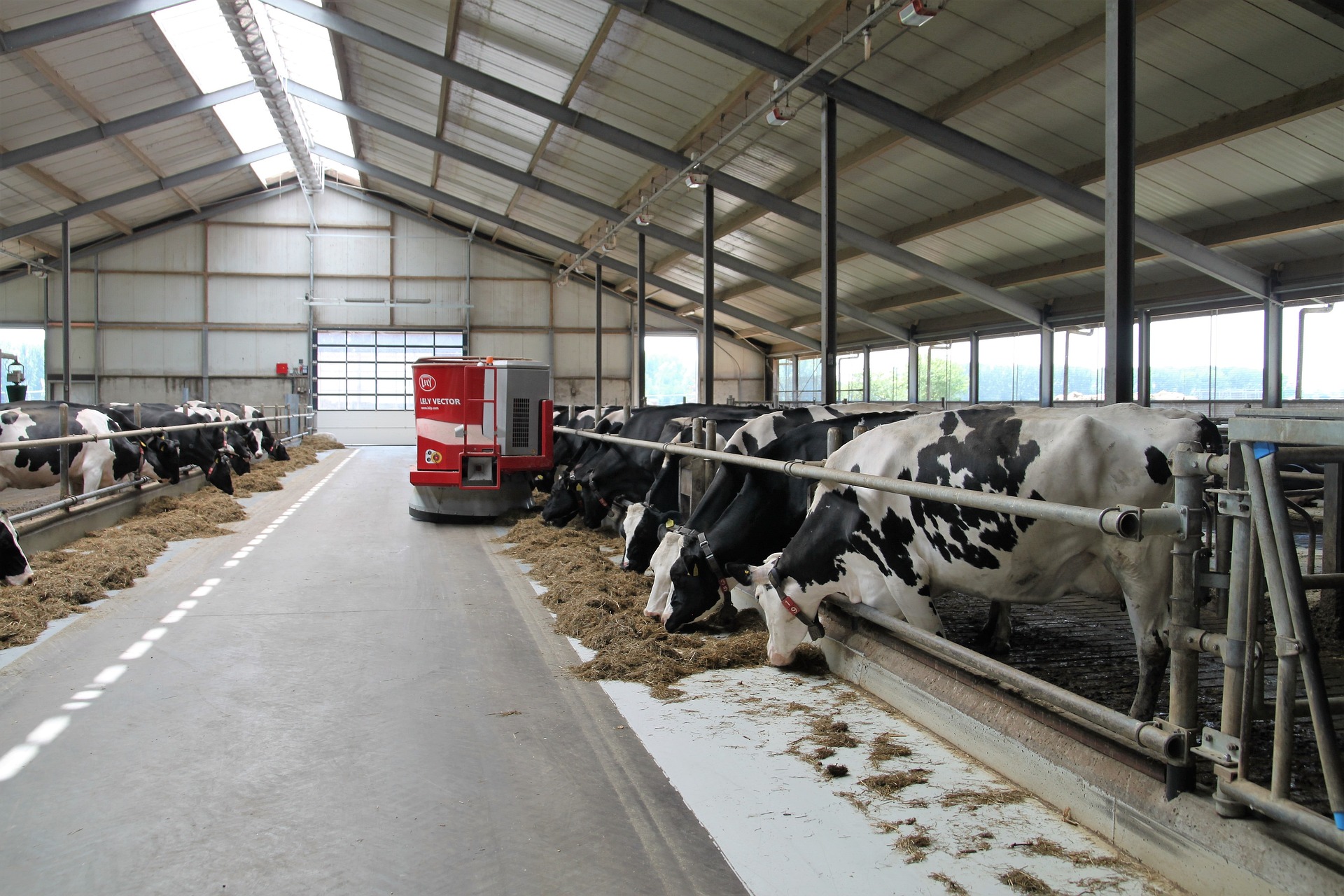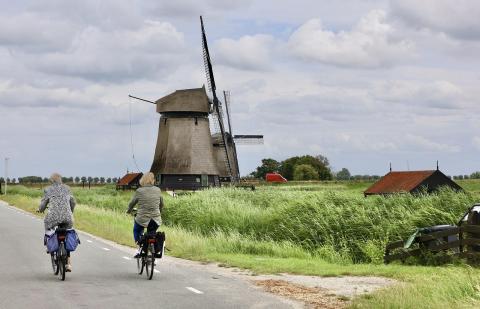Reaction: study estimates future warming due to food production
An analysis published in Nature Climate Change estimates that food consumption worldwide could add 1°C to global warming by 2100. The study also says that more than half of this warming could be avoided by adopting a healthy diet, improving food system practices, and reducing food waste.

Pixabay
María José Sanz - emisiones comida
María José Sanz
Scientific Director of the BC3 Basque Centre for Climate Change
This global study highlights the importance of addressing the entire food system and its potential to contribute to greenhouse gas mitigation. It also shows that global studies, while useful in addressing these issues, cannot enter into the complexity of cycles as complex as those of biogenic CH4. These cycles have natural and anthropogenic components, which interact in complex ways that we have yet to delve into to guide action. For all these reasons, the conclusions of this article should be viewed with caution, taking into account the simplifications involved in this type of study.
I would like to highlight the work of Costa et al., published in September 2022, which offers a complementary vision that explores some very relevant aspects that help to understand the complexity of the issue.
Catherine C. Ivanovich et al.
- Research article
- Peer reviewed
- Modelling



